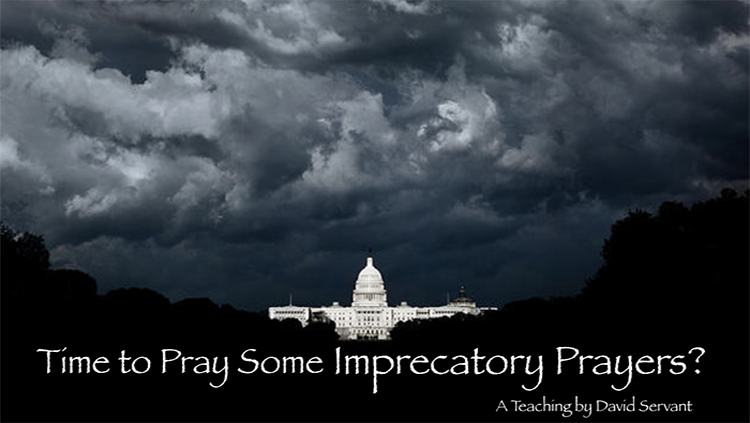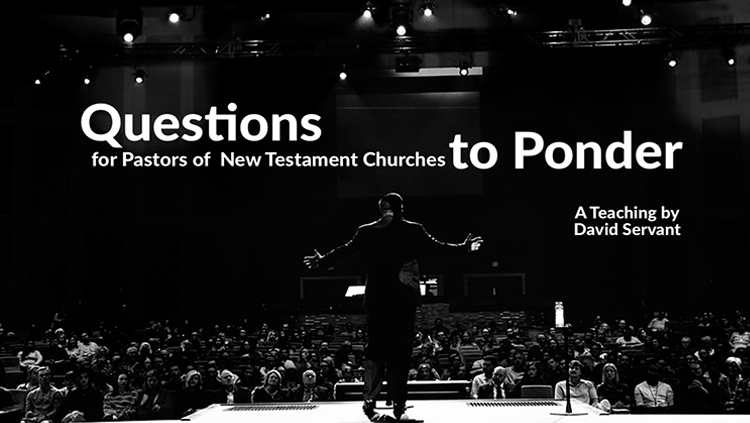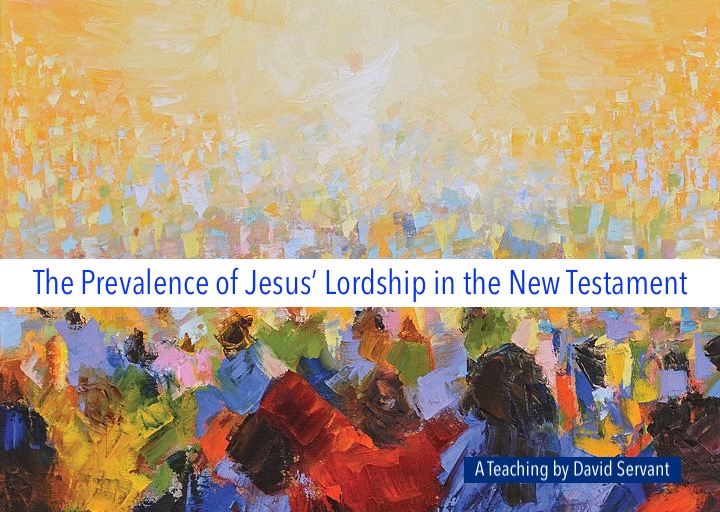
Imagine that you were one of the twelve men who spent three-and-a-half years following Jesus, seeing His every miracle and listening to His every word. Near the end of those years, you celebrate an annual feast with Him known as “Passover” that you’ve celebrated every year of your life and that has been part of your culture for hundreds of years.
At some point during that meal, imagine Jesus taking some of the bread (probably unleavened), blessing and breaking it, and then giving everyone pieces to eat, which He explains is “My body which is given for you” (Luke 22:19; 1 Cor. 14:24). He also tells everyone that they should do this in His remembrance (Luke 22:19). Finally, imagine Him then taking a cup of wine, giving thanks, and then similarly passing it around as He explains that it “is My blood of the covenant, which is poured out for many for forgiveness of sins” (Matt. 26:28). What would you have been thinking? Years later, the apostle Paul would retell that story and its significance:
For I received from the Lord that which I also delivered to you, that the Lord Jesus in the night in which He was betrayed took bread; and when He had given thanks, He broke it and said, “This is My body, which is for you; do this in remembrance of Me.” In the same way He took the cup also after supper, saying, “This cup is the new covenant in My blood; do this, as often as you drink it, in remembrance of Me.” For as often as you eat this bread and drink the cup, you proclaim the Lord’s death until He comes (1 Cor. 11:23-26).
Clearly, from what both Jesus and Paul said, the central symbolism of the Lord’s Supper revolves around Jesus’ sacrificial death. His body was broken and His blood was shed. And clearly, Jesus wanted all of His disciples to remember His sacrificial death, perpetually into the future, in the bread and wine. All Christians agree on those fundamental facts.










